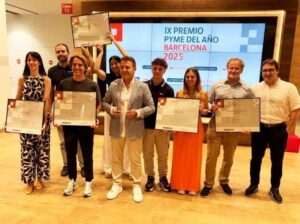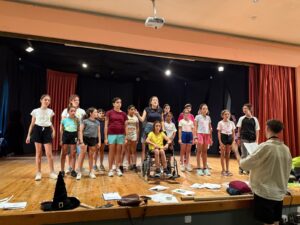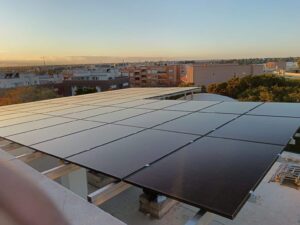The Ministry for the Ecological Transition and the Demographic Challenge has presented a new proposal for regulatory frameworks aimed at promoting circular economy projects in the renewable energy sector. This initiative is part of the Strategic Project for the Recovery and Economic Transformation of the Circular Economy and is open for public consultation, with the goal of gathering suggestions and comments.
The purpose of these grants is to promote economic competitiveness, achieve greater strategic autonomy, create jobs, and reduce environmental impact. These subsidies are part of the Recovery, Transformation, and Resilience Plan, which benefits from Next Generation EU funds to boost circular economy in renewable energy production. Proposals that include innovations in eco-design, infrastructure improvements, and material reuse will be prioritized.
The Institute for Energy Diversification and Saving will be responsible for managing the grants, which will be awarded through a competitive bidding process. Projects that are selected will receive funding once feasibility is confirmed and eligible costs are verified.
The first call for these grants is endowed with 100 million euros and aims to finance projects in several key areas, including facilities for recycling solar panels, wind turbines, and batteries, as well as the development of reuse systems and second life for these equipment. Innovation in eco-design will also be promoted, thus fostering sustainable solutions that reduce dependence on finite resources.
This order will be valid until September 30, 2026, and specifies that only projects that have not started before the grant application will be supported, thus ensuring the incentive nature of the grants.
Given the increasing use of renewable generation and storage technologies, it is imperative to adopt circular economy principles. The reuse and recycling of components not only meets the growing demand for new materials but also offers a sustainable long-term solution.
This effort is part of the second phase of the Recovery Plan and is integrated into Component 12 of Spain’s 2030 Industrial Policy, aligning with the sustainability and development goals of the Spanish Government. Those interested in contributing to this initiative can submit their comments until December 20, which will allow for an enriching debate on the sustainable future of renewable energy in Spain.
Referrer: MiMub in Spanish












